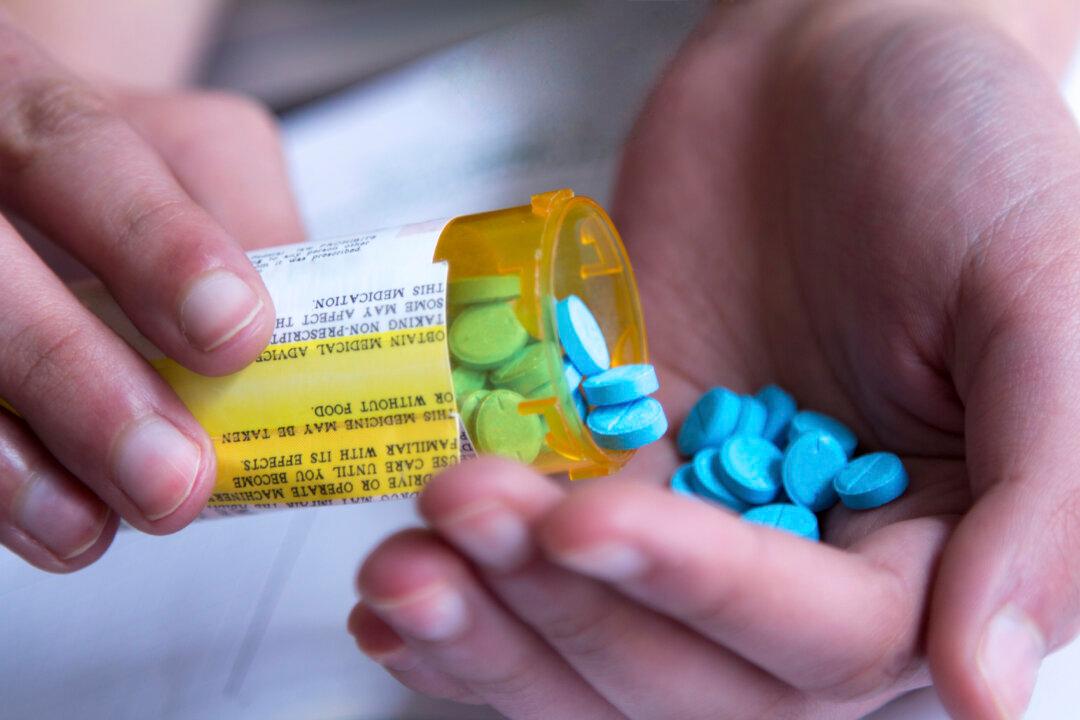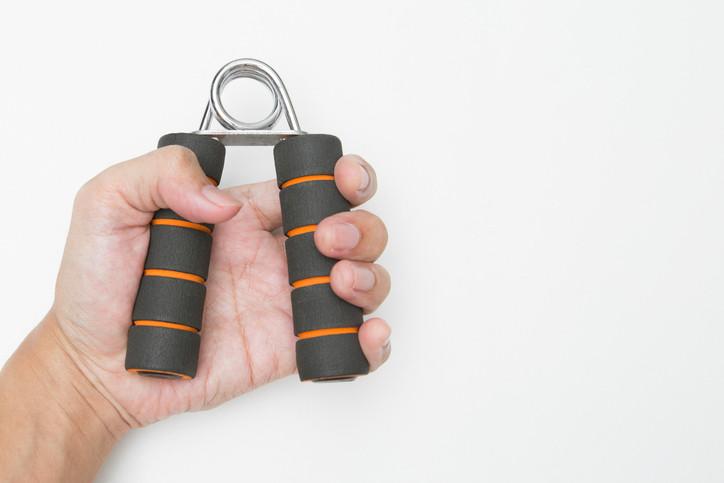Many drugs can cause this symptom. Consider strategies to manage the risks.
You’re taking a new prescription, and you’re feeling a little lightheaded. Are the two connected? It’s an important question, since many drugs are known to cause lightheadedness. And lightheadedness comes with a dangerous risk: falling.





